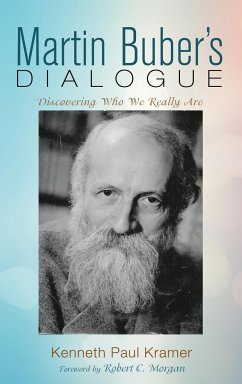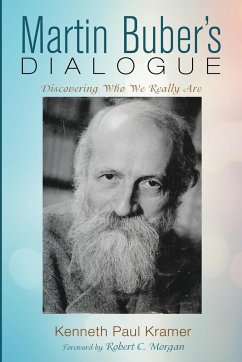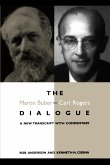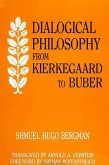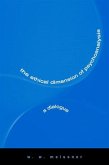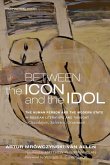Martin Buber, one of the twentieth century's most distinguished and creative thinkers, famously argued that the fundamental fact of human existence is person with person, and that practicing genuine dialogue is necessary for anyone who wishes to become authentically human. This book seeks to unleash and reassemble the core elements for practicing dialogue--turning and addressing, and then listening and responding. Despite what many say, the innermost growth of the self does not come in relation to one's self. Rather, attaining one's authentic human existence (one's innate self-realization) emerges again and again through genuine dialogue, through ""participatory consciousness."" We become authentically human in and through our relationships with others. Here's the point--instead of having dialogues, human beings mutually become dialogue with others. Individual human beings in dialogue with one another become memorable mutualities found nowhere else, opening out into the world.

